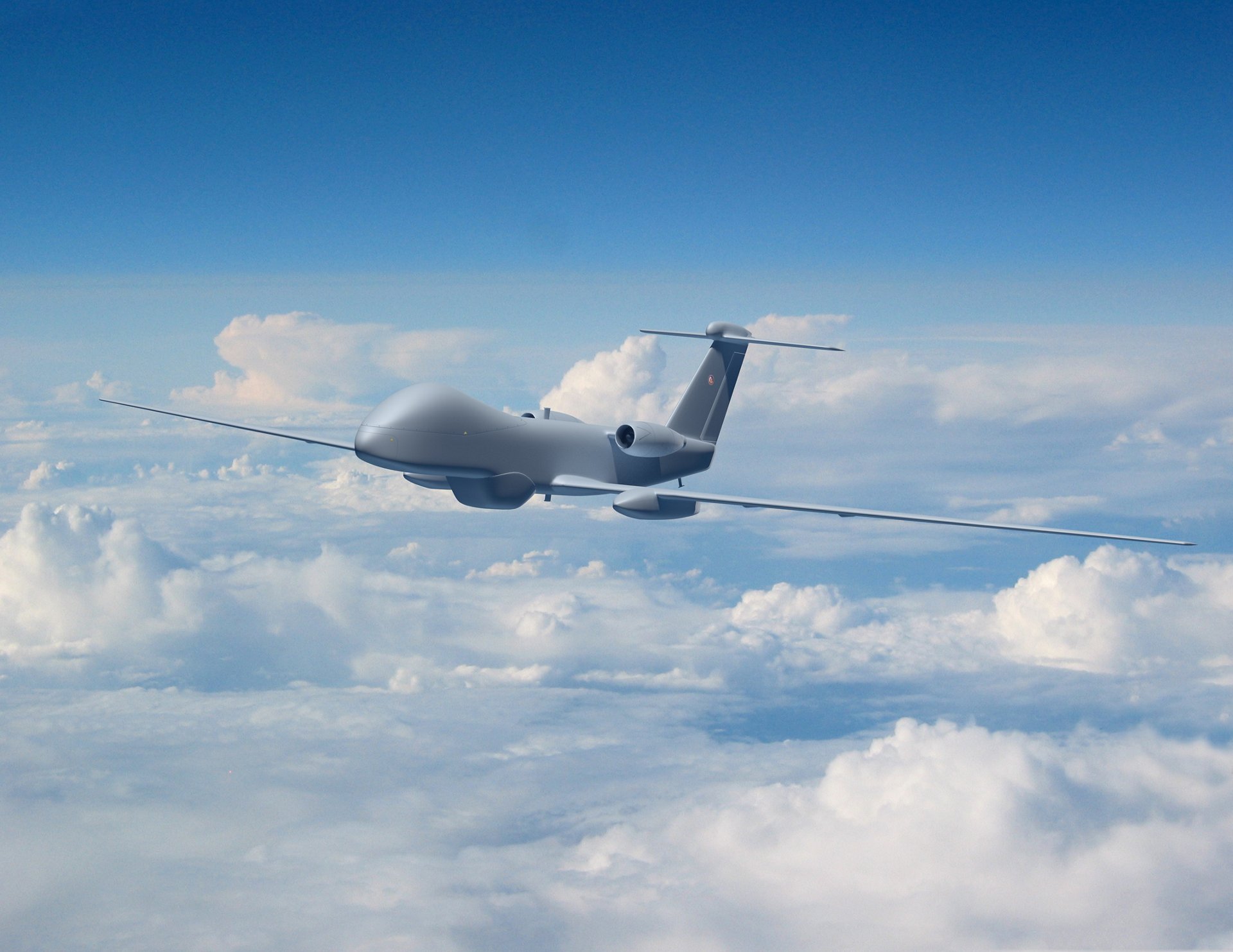Scientists Launch Petition Against EU Military Research Push

Nearly 500 scientists, researchers, and academics have signed a call to end EU funding for military research and development. The so-called Preparatory Action on Defence Research (PADR) programme of the EU allocates €90 million to controversial high-tech research programmes. According to the ‘Researchers for Peace’, the group that has set up the petition, the PADR will only be the first step, with future spending on military R&D to amount up to €40 billion over a decade.
The programmes which are supported with this money focus on developing controversial weapons such as robotics, AI, and drones. The researchers are underscoring the legal and ethical concerns surrounding these and other EU-weapons, stating that, already, they have been used in “violations of international humanitarian law and human rights in a number of conflict zones.” There is also the concern that weapons, once developed after years of funding, will fall into enemy hands.
The development of drones, often used to carry out extra-judicial killings outside of armed conflict, has led to disagreement in the European Parliament too. In February, when yet another financial injection in military research & development was on the table, Greens/EFA Group Members tried to tie the funding to the demand for a legal framework for the use of armed drones. However, a majority of MEPs voted against the need to connect EU money to strict compliance with international law.
On top of these ethical and legal issues, the scientists behind the petition argue that more armaments will not make the world necessarily more peaceful. They underscore the need to address the root causes of conflict, instead of fueling an arms race and undermining security. The funding for military research has been derived from budgets previously allocated to energy and environmental research as well as academic research in other areas, according to ScienceBusiness.net.
The petition, which can be signed here, ends with a call to return the investment into sustainable solutions and peaceful resolutions to conflict, highlighting the long tradition of EU civilian research programmes and the Nobel Peace Price it was awarded in 2012.

